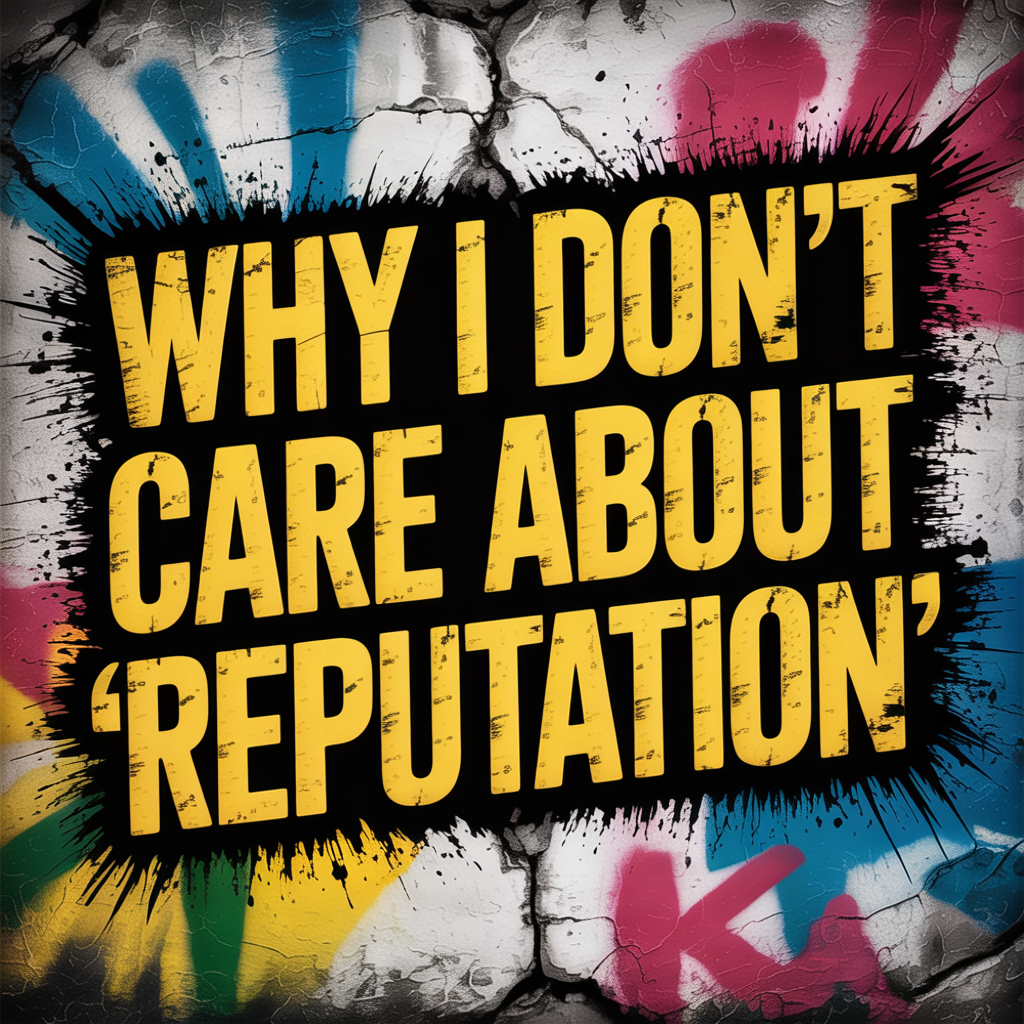Sunday, November 02, 2025
Sunday, November 02, 2025

Amanda Coleman:
The word reputation has gained a bad reputation itself over recent years. It has become synonymous with protecting the business by whatever methods are required and often at the expense of people affected by a problem.
Public inquiry after public inquiry has exposed how decisions were made to protect the reputation of an organisation rather than being concerned about effectively managing difficult situations. PR and communication has defined itself as having responsibility for building and protecting a reputation and that may be where problems begin.
Are we the only ones that can manage the reputation of organisations and what do we mean by reputation? Is the definition leading organisations towards manipulating communication for the sake of reputation?
In reality an organisation doesn’t have just one reputation. There are multiple reputations that will exist.
For example, the way a customer feels about the business will be informed by their own experience and what people say about the business. The way a stakeholder views a business will come from interactions and how easy it is to work with them, receive information and how efficient and cost effective they are. The way employees rate the reputation of their employer will come from how they are supported, the financial recompense and the connection they have to what the business does. In short, there is no one simple measure that will define the reputation of a business or organisation.
If defining reputation has a level of complexity, then so does how it is managed or rather influenced. We can influence reputation but increasingly we are not able to manage it.
There is so much more than communication that is at the heart of developing a positive reputation. Recent incidents involving CEOs from Astronomer spotted at the Coldplay concert and Drogbruk’s CEO grabbing a hat at the US Open have demonstrated that behaviour and many other aspects of the business are driving reputation. It is not that the behaviour of the CEOs in both these cases was filmed that was the issue but that they behaved badly in the first place.
If the response to these difficult situations is all about the PR and communication activity, it will be quickly unmasked for what it is ‘PR-ing’ the situation. What is required is to show how the business or individual has recognised the problem, understands it and is working to change and improve. I worked with one senior leader who refused to discuss reputation because of the perception it was all about ‘PR spin’ and cover up. Were they right? Whether we like it or not we have to consider reputation, but this means it is time to reframe it as a business asset.
How the business conducts itself, as well as the actions and behaviour of CEOs and other leaders, helps when developing a positive reputation. In fact, reputation is a golden thread through all parts of the organisation, how it operates and what it does. There are nine aspects of the way a business operates that underpin developing a ‘good’ reputation.
Communication has a part to play but cannot take the responsibility for developing and maintaining a positive reputation. The role of PR and communication professionals must be to assist the business in putting all these elements in place rather than trying to ‘tell a good story’.
The business narrative is something that will become important but at a much later date. But what happens if the business decides as in the lyrics of the Joan Jett track ‘I don’t give a damn about my reputation’? If you are a brand involved in ‘outrage marketing’ or that trades on being controversial people will accept that is part of your values.
For everyone else, disregarding reputation and the connection it has to effective business management is done with a significant risk. So is the real role for PR and communication not managing reputation but instead building reputation into everything the business does?
In a situation where everyone is responsible for building and maintaining the reputation of the business and where the actions of any member of staff may negatively impact on the reputation there may need to be a revised definition of PR, what it is and what it does.
+++
Amanda Coleman is a crisis communication specialist and the director and founder of crisis communication consultancy Amanda Coleman Communication Ltd. Based in the UK, she has more than 25 years’ experience in crisis and emergency communication.
Written by: Editor
© 2025 Stratpair Ltd., trading as Strategic. Registered in Ireland: 747736